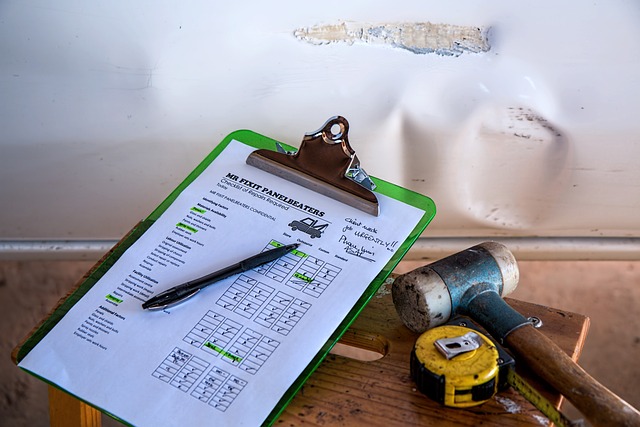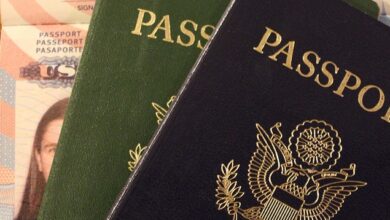Common Myths About Immigrating to the Netherlands

Introduction
The Netherlands is often perceived as a dream destination for immigrants due to its high standard of living, progressive policies, and welcoming attitude towards diversity. However, there are several misconceptions surrounding immigration to this country that can lead to unrealistic expectations or unnecessary anxiety. In this article, we will debunk some of the most common myths about immigrating to the Netherlands, providing clarity and practical insights for those considering making the move.
1. Myth: Everyone in the Netherlands Speaks Perfect English
While it’s true that the Dutch are among the best non-native English speakers in the world, assuming everyone speaks perfect English can hinder your integration process. Many older generations may not speak fluent English, and certain regional dialects might pose challenges even for proficient English speakers. Furthermore, relying solely on English can limit your ability to fully immerse yourself in Dutch culture and build deep connections with locals.
Reality: Learning at least basic Dutch is essential for effective communication, especially in formal settings like government offices, healthcare facilities, or rural areas where English usage is less common.
2. Myth: It’s Easy to Find a Job Without Proper Documentation
Some people believe that finding work in the Netherlands is straightforward, regardless of their legal status. Unfortunately, this isn’t accurate. The Dutch labor market has strict regulations regarding employment for foreign nationals. Employers must ensure that candidates have the necessary permits before hiring them.
Reality: To legally work in the Netherlands, you typically need a residence permit (verblijfsvergunning) and, depending on your nationality, a work permit (TWV). Highly skilled migrants may qualify under specific visa categories, but these still require proper documentation and sponsorship from an employer.
3. Myth: Housing is Affordable Everywhere
The Netherlands is known for its relatively high cost of living, particularly in cities like Amsterdam, Utrecht, and Rotterdam. Many newcomers assume they can easily find affordable housing, only to discover how competitive the rental market truly is. High demand coupled with limited supply drives up prices, especially in urban centers.
Reality: Securing affordable accommodation often requires patience, flexibility, and sometimes moving to smaller towns or suburbs. Be prepared to navigate complex rental processes, including providing references and proof of income.
4. Myth: The Netherlands is Always Tolerant and Welcoming
Although the Netherlands is renowned for its liberal values, tolerance doesn’t mean universal acceptance. Like any society, the country faces issues such as racism, xenophobia, and cultural misunderstandings. Newcomers may encounter subtle biases or stereotypes based on their background or appearance.
Reality: While the majority of Dutch people are friendly and open-minded, it’s important to approach interactions with sensitivity and awareness. Building mutual respect through genuine engagement helps foster positive relationships.
5. Myth: You Don’t Need to Learn Dutch if You’re Highly Skilled
Many highly skilled migrants think that mastering Dutch isn’t crucial since most professional environments accommodate English. However, neglecting the language can isolate you socially and professionally. Even in international workplaces, knowing Dutch enhances teamwork, networking opportunities, and career advancement prospects.
Reality: Proficiency in Dutch opens doors to broader social circles, improves access to services, and demonstrates commitment to integrating into Dutch society.
6. Myth: Healthcare is Free for Everyone
The Dutch healthcare system is one of the best in Europe, but it operates on a privatized model. While residents benefit from comprehensive coverage, they must contribute financially through mandatory health insurance plans.
Reality: As an immigrant, you’ll need to enroll in a Dutch health insurance plan within three months of arrival. Premiums vary depending on individual circumstances, so budget accordingly. Additionally, certain treatments may involve co-payments or deductibles.
7. Myth: Bicycles Are Only for Short Distances
Cycling is synonymous with life in the Netherlands, but some newcomers mistakenly believe bikes are suitable only for short trips within cities. In reality, cycling infrastructure extends far beyond urban areas, connecting towns and villages across the country.
Reality: Owning a bicycle offers freedom and convenience for commuting, exploring nature trails, and participating in local traditions. Embrace this eco-friendly mode of transport—it’s more than just a trend; it’s a way of life.
8. Myth: Weather Doesn’t Affect Daily Life
The Netherlands’ reputation for rainy weather leads some to underestimate its impact on daily routines. Prolonged periods of gray skies and cold temperatures can affect mental well-being, especially for those unaccustomed to northern European climates.
Reality: Prepare for seasonal changes by investing in waterproof gear, warm clothing, and indoor hobbies. Staying active and maintaining social connections helps combat feelings of isolation during darker months.



